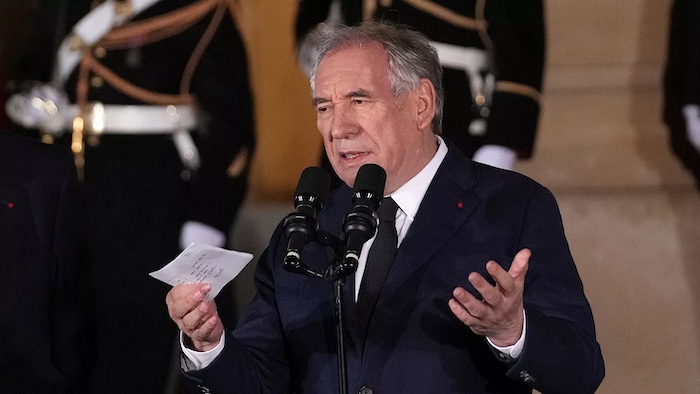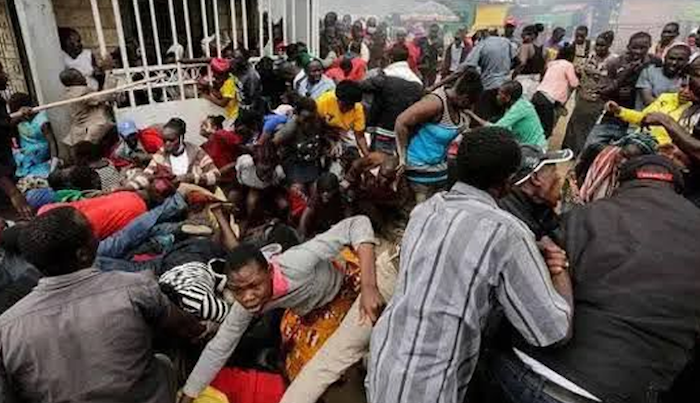
France’s fourth prime minister in three years, François Bayrou, appeared set for defeat in a confidence vote on Monday, pushing the euro zone’s second-largest economy deeper into political uncertainty.
The potential collapse of the government threatens to exacerbate France’s paralysis at a critical moment for Europe, which faces challenges including Russia’s war in Ukraine, an increasingly assertive China, and trade tensions with the United States.
The turmoil also raises concerns over France’s ability to manage its finances, with the risk of credit downgrades looming as bond spreads—used by investors to gauge risk—widen. Last year, France’s budget deficit nearly doubled the EU limit of 3% of economic output, while public debt stood at 113.9% of GDP.
The confidence vote was scheduled for Monday afternoon.
Despite intensive talks and media appearances since announcing his candidacy on August 25 amid contentious budget debates, Bayrou seemed unable to secure a parliamentary majority over the weekend. Opposition leaders from across the political spectrum confirmed they would vote to oust him.
“The government will fall,” said Jean-Luc Mélenchon, leader of the hard-left France Unbowed (LFI) party, reflecting similar statements from other opposition figures.
If Bayrou is removed, President Emmanuel Macron will likely face the challenge of appointing another prime minister capable of passing a budget through parliament—less than a year after Bayrou’s conservative predecessor, Michel Barnier, was ousted. Macron has ruled out dissolving parliament, as he did last year.
Faridah Abdulkadiri



